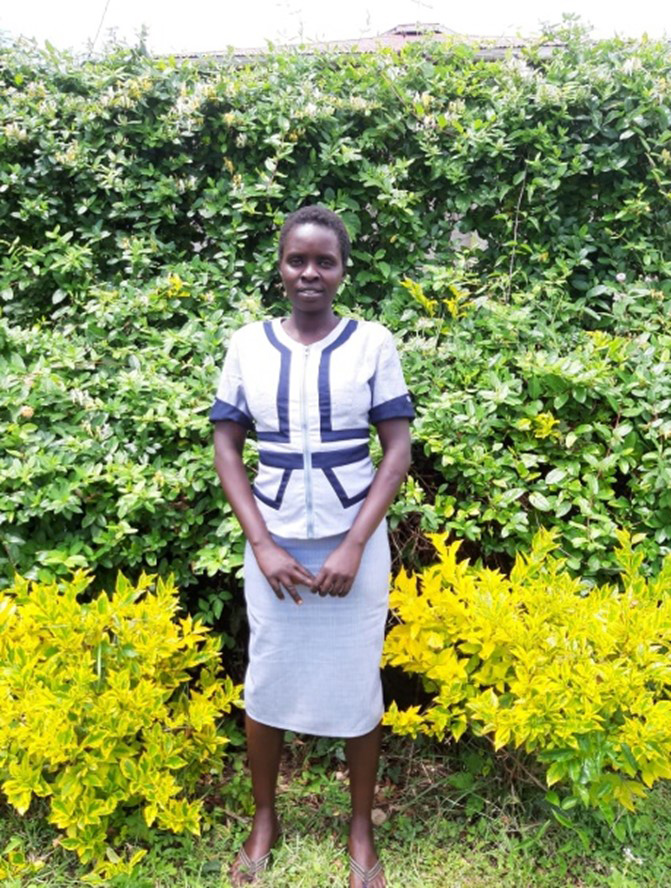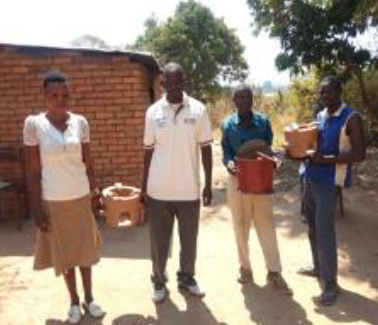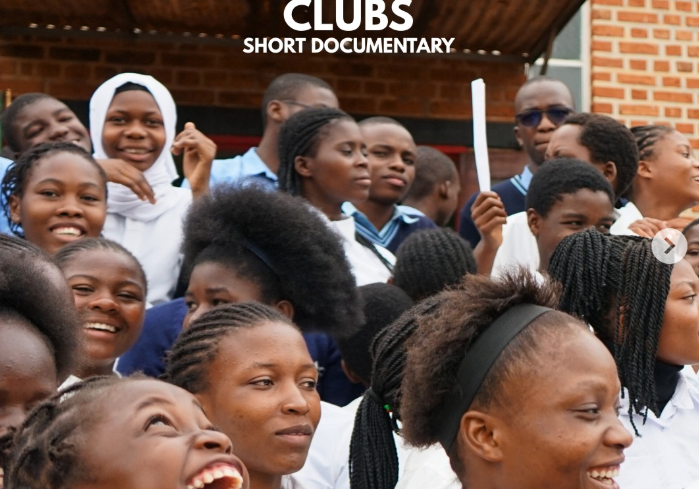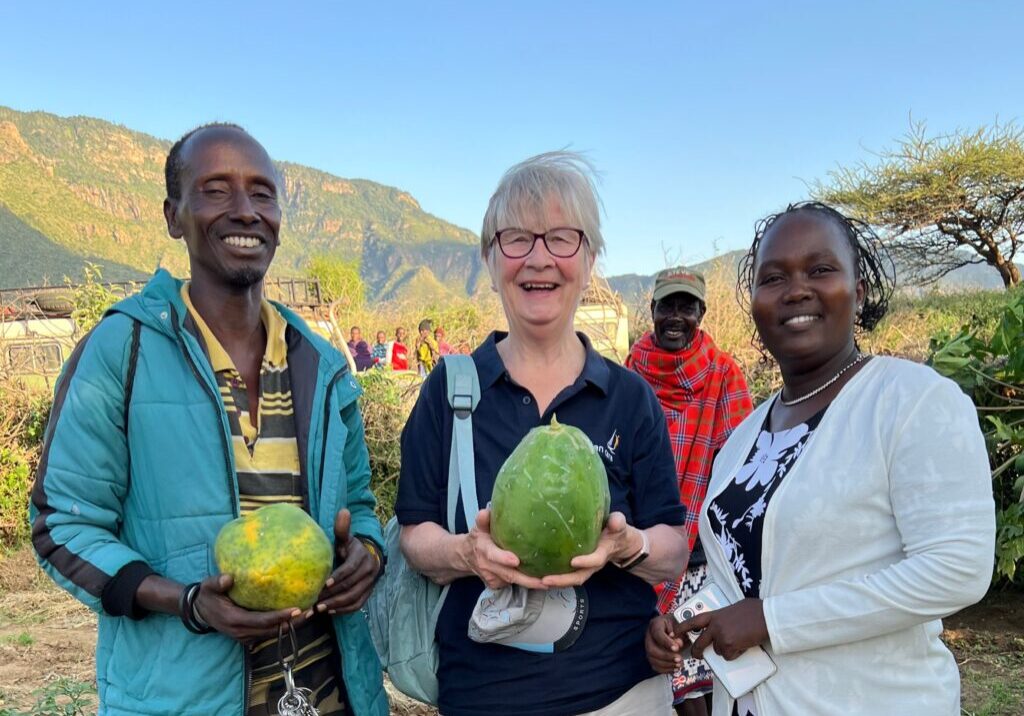
No corner of the globe is immune from the devastating consequences of climate change. Storms are more extreme, droughts are getting longer, coral reefs are dying, oceans are acidifying, and forests are burning.
At Misean Cara, we are dedicated to action in response to the global climate crisis, working to reduce our energy consumption and greenhouse gas emissions as an organisation, but also by highlighting projects and people working to address climate change and biodiversity loss.
Many Misean Cara members and project staff are working to alleviate the impact that climate change is having on the people they serve. Misean Cara has introduced a Climate Action Award to highlight these efforts.
Entries were received from projects in Kenya, Malawi, Peru, South Sudan and Zambia. The winners of the inaugural Awards were announced on 19th November at the second Misean Cara Members’ Meeting of 2020. Three awards were made, one to an individual and two to projects.
In response to the nominations this year, Misean Cara CEO John Moffett remarked that all entries were worthy of recognition and support, adding: “Their actions are an inspiration to us all, and a reminder of what can be achieved through innovation and commitment to an ideal.”

The Individual Award was given to Ms Dinah Chenangat of West Pokot, Kenya for her work with the Chepnyal Development Project, through the Daughters of Charity. Over a period of three years, Ms Chenangat visited thousands of women, motivating them to set up nurseries and plant trees. This had the double benefit of protecting the environment and providing an income source for the women concerned. The participants have become advocates for climate change by encouraging other people in their local communities to plant seedlings and by teaching other women how to cultivate trees.
The first of the two Project Awards was given to the Sustainable Management of Land and Forest Resource Project in Mzuzu, Malawi, implemented by the St. Patrick’s Missionary Society. Serving 2,100 participants, this project was nominated for its efforts to address the effects of climate change and for improving quality of life through income generating activities from both land and forest resources and restoring the health of ecosystems.

The project runs a Model Farming Training Centre, where it trains community members in the sustainable management of land and forest resources. Village-based Savings & Loan schemes, bee keeping programmes, and production of environmentally friendly cooking stoves are other features of the programme. These stoves have been widely adopted in the communities, resulting in benefits for community members and the environment. One participant commented:
“I used to walk long distances to fetch firewood that could last for 2 days, now I am able to use the same quantities for a month.”
The Jesuit Centre for Ecology and Development (JCED), a project of the Irish Jesuits International in Kasungu, Malawi, was the recipient of the second Project Award. With over 2,000 participants, the mission of this project (and the JCED) is to establish a society where local communities promote environmental integrity and where vulnerable, marginalised households and disadvantaged communities have decent livelihoods. The project encourages the management of natural resources to enhance agricultural productivity while reducing environmental degradation. In particular, this project targets vulnerable women, including widows and others parenting alone, and young people.

This project also has an energy-efficient cookstove component, as well as an Organic/Permaculture Vegetable Production initiative that trains young and single mothers in organic and permaculture vegetable and gardening skills, including the production and use of compost manure. The project also promotes conservation farming and reforestation with fast-growing, nitrogen-fixing trees.


